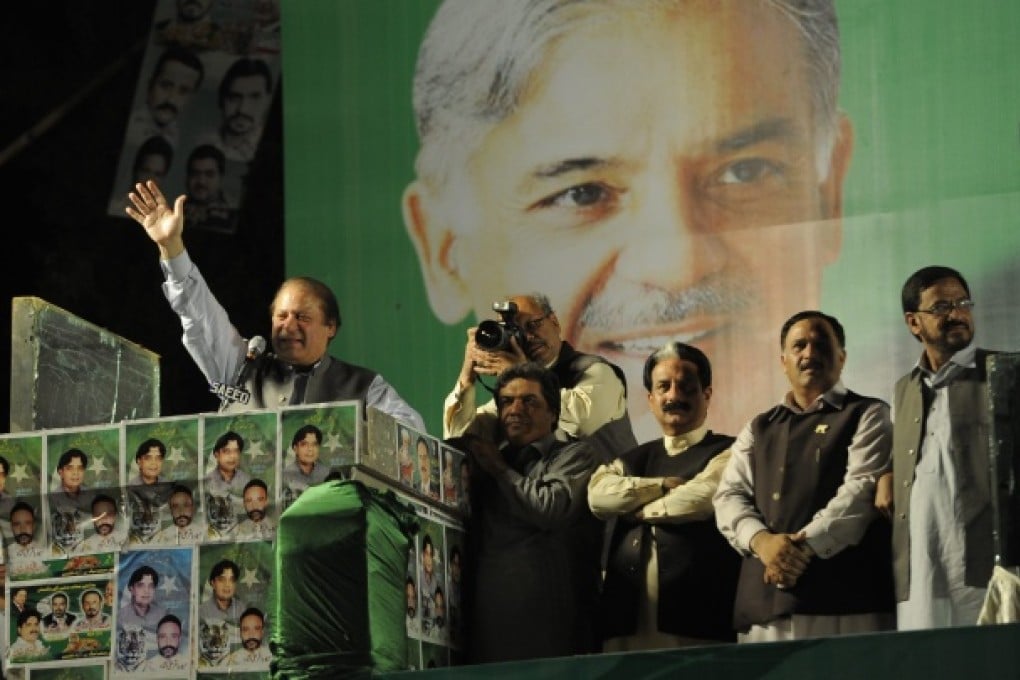A vote to decide Islam's role in Pakistani politics
Shahid Javed Burki says extremist attacks ahead of the polls underline the high stakes involved

Pakistan's moment of political truth is fast approaching. On Saturday, some 40-50 million voters will elect a new national assembly. The outcome is likely to reverberate far and wide.
The vote has been preceded by a spike in extremist violence. Pakistan's terrorist groups know the country is at a tipping point, and are attacking candidates and voters who favour a secular state. Hundreds of people have already been killed, targeted because, if these groups prevail, they would push what is sometimes called the "idea of Pakistan" to its logical - and extreme - conclusion.
Some 70 years ago, Muhammad Ali Jinnah, Pakistan's founding father, launched the movement to create an independent state for the Muslims of British India. Today, Pakistan's population is 95 per cent Muslim.
Over time, an increasing proportion of this population has begun to demand the creation of an Islamic state in Pakistan. The upcoming election will determine how far the country will go along this route.
Pakistan is not the only Muslim country seeking to redefine its future. Similar processes are playing out in other countries in the western part of the Islamic world.
The large countries in this part of the Islamic world - most notably Egypt, Pakistan and Turkey - are attempting to address four problems, the most challenging of which is to define Islam's role in politics.